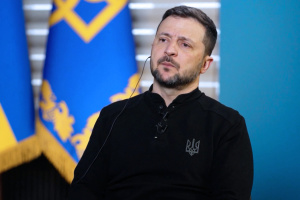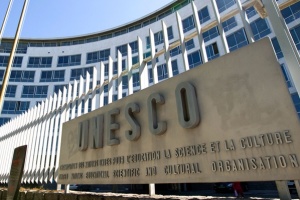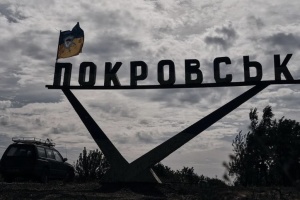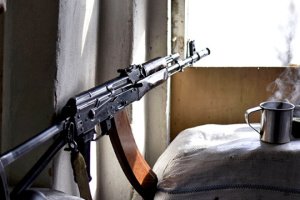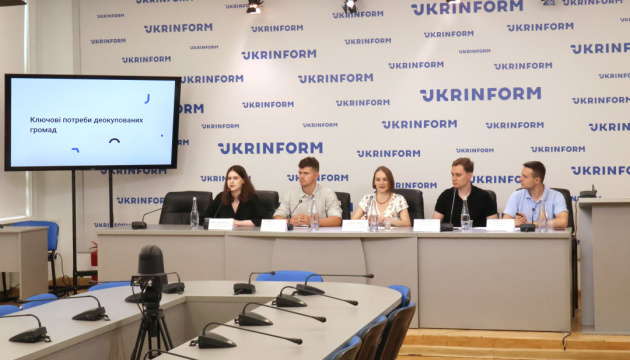
Security and reconstruction: residents of de-occupied territories tell about their biggest needs
This was stated by Yaroslava Shaporda, an analyst at the School of Political Analysis at the National University of Kyiv-Mohyla Academy, when presenting the results of focus group discussions in the de-occupied communities of Kharkiv, Kherson and Mykolaiv regions to Ukrinform.
‘The first need is security, which consists of two key parts - demining, because a significant part of the de-occupied territories is still mined. And, unfortunately, there are accidents involving both adults and children who are blown up. Also, a significant part of agricultural land is mined, which makes it impossible for people to work...,’ Shaporda said.
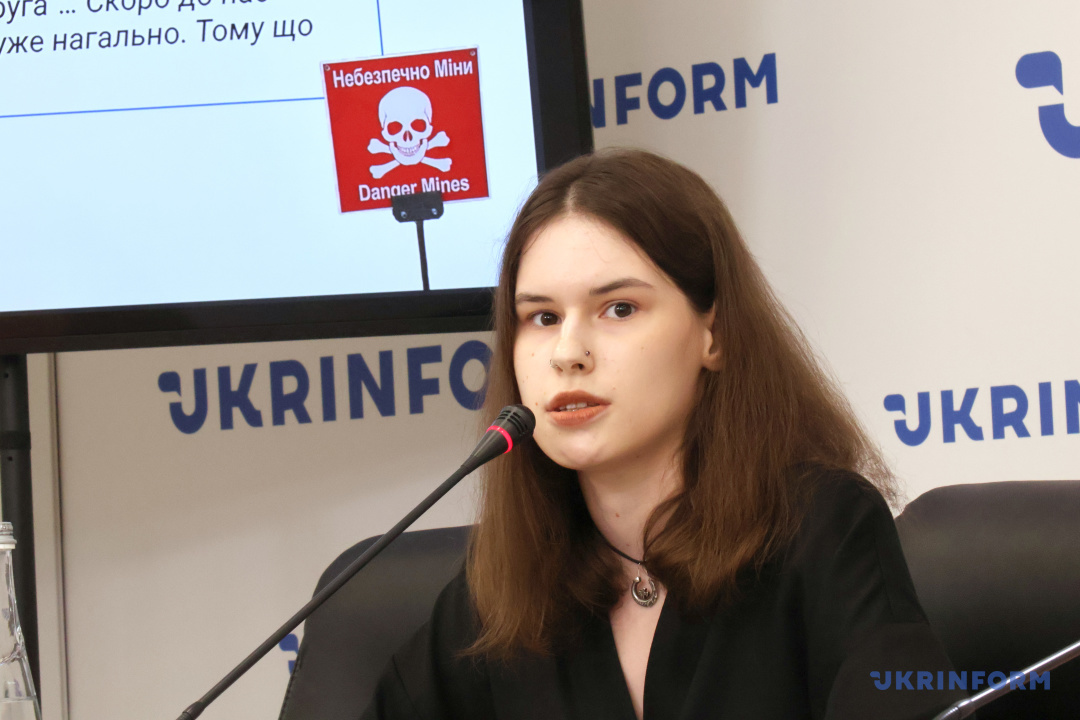
Another part of the security issue is providing communities with shelters, because, according to respondents, in some communities they are uncomfortable and cannot accommodate the required number of people.
‘It also means rebuilding housing infrastructure and infrastructure in general. Of course, the degree of destruction depends on individual communities, but in general, there is a demand for this everywhere... In general, there is hope that with the involvement of the state and on our own, we will be able to rebuild everything,’ the analyst added.
She clarified that respondents also mentioned the need to rebuild infrastructure, which is especially important for remote areas and settlements.
‘A very important issue that was discussed in almost all communities, and which is now no less important than security and reconstruction, is the education of children,’ Shaporda said.
In addition, she stressed, respondents emphasised the need for economic recovery, which is linked to the demining process, as mined land cannot be cultivated.
‘We can understand that the respondents' focus has shifted from survival to the full return of the town or village community to life. And of course, this is impossible without the functioning of key enterprises. Next is access to services, primarily medical and legal. There is a big problem with the provision of hospitals in communities,’ the analyst said.
In addition, she said, psychological assistance is an important need for residents of the de-occupied territories.
Shaporda also focused on the need to support certain groups of people, including pensioners, internally displaced persons, veterans, etc., as some respondents noted that ‘the state is slowly starting to forget about them - there is less humanitarian aid, and there are not enough volunteers to help vulnerable groups of people.’
‘If we compare this [the results of the second wave] with the previous group, the need for educational institutions has increased significantly, because communities are slowly coming back to life. And from all the responses of the respondents, we can conclude that they are very much looking forward to the return of those who left, and they really want to see their communities, their hometowns and villages as they were before the full-scale invasion and are waiting for a full return to life,’ Shaporda emphasised.
At the same time, Anna Osypchuk, research director of the School of Political Analysis at the National University of Kyiv-Mohyla Academy, noted that ‘people understand the impossibility of restoring everything as it was before the invasion in communities that are under fire in one way or another.’
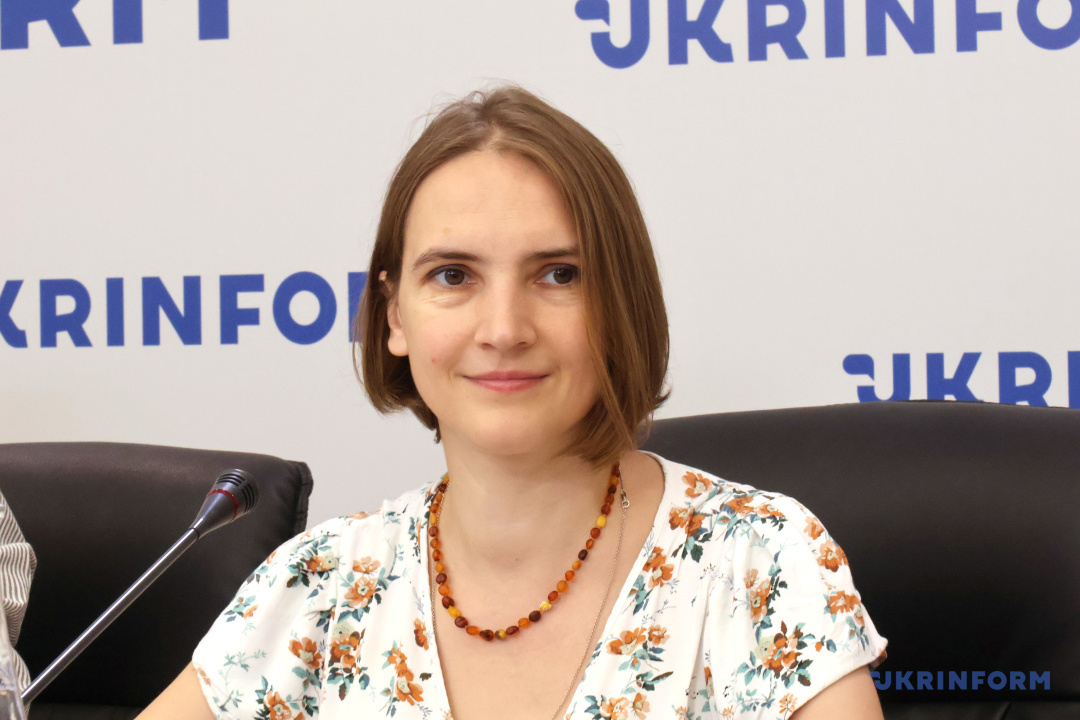
‘These are the results of the second wave. We conducted this second wave in April 2024, and before that, in October 2023, we had the first wave,’ Osypchuk recalled.
According to her, the survey was conducted in 15 focus groups, with a total of about 150 participants.
‘We tried to ensure that the group members reflected the structure of the population, that they were not all of the same type of employment, of the same age, that there were both men and women, so the age [of the respondents] was from 18 to 65. A focus group is about two hours, and it can be difficult for an older person to withstand such active involvement, also because of the technical devices,’ Osipchuk explained.
She added that the next wave of surveys within the project is planned to be conducted by the end of October this year.
The project is being implemented by the School of Political Analysis at NaUKMA with the support of the USAID/ENGAGE activity, which is funded by the United States Agency for International Development (USAID) and implemented by Pact in Ukraine.

